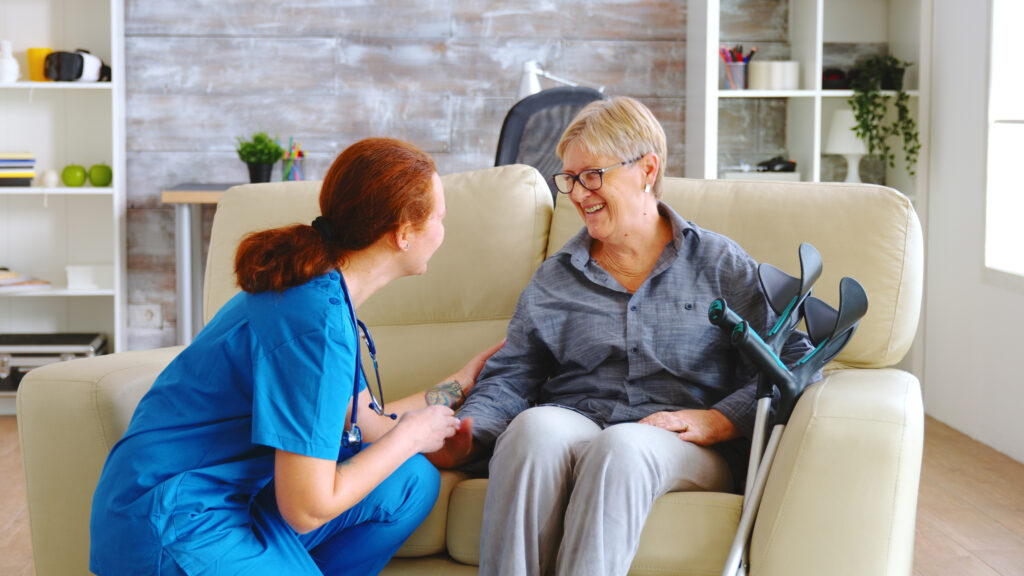Become A Certified Nursing Assistant
The main objective of a nurse is to provide extensive and continuous care to patients who need it. They work in different types of medical facilities and are not limited to hospitals and clinics, you can find them in nursing homes, in-home health care, elder houses, hospice care, and many more. They have a vital role in the medical industry providing care to their patients and support and guidance to their family members. The term nurse originates from the Latin word nutrire, which means to suckle. When the profession was born, they took care of infants, that’s why newborns go to the nursery. However, their role has grown and evolved as we can see today, Modern nurses are in charge of patients of different ages who suffer from different conditions. It is also important to know, that there are different types of nurses, each one specialized in different skills.

CNAs are health workers who are prepared to offer care to a wide variety of patients in different medical facilities. You can find them in hospitals, clinics, assisted living facilities, nursing homes, and many more. They can help patients with their daily activities that they can’t perform due to health reasons. They can help people bathing, dressing and cleaning themselves. But beyond that, their company provides emotional support to their patient making them feel they are not alone. Becoming a CNA is not a complicated task, you just need to follow a training program and pass a final certification exam.
The main difference between a CNA and a regular nurse is the level of education and training required. Certified Nursing Assistants complete a shorter training program and are not licensed to practice nursing independently. Regular nurses, on the other hand, complete a longer training program and are licensed to practice nursing independently as they study to receive an Associate’s or bachelor’s degree. CNA nurses opt for a certification versus a more tedious pathway of receiving a diploma. Those who opt for the certification route can provide basic care under the supervision of a nurse. On the other hand, a nurse can provide a wider range of care, including administering medications and interpreting lab results. CNAs typically work in long-term care facilities, such as nursing homes and assisted living facilities. Regular nurses can work in a variety of settings, including hospitals, clinics, and private practices.
For our CNA online course, as is usual with these trainings, the length of the course will vary based on different aspects – physical location, depth of knowledge, topics covered, etc. You can find programs as short as 3 days and other that take months to complete. After you’ve completed your training, you must pass an exam to get your certification. If you pass, you may be able to work in a vast array of medical facilities.
One of the main things you will be learning in this certification is the fundamentals of anatomy and physiology. You will be learning about the structure and function of the human body, as well as the common diseases and conditions that affect the body. Then you will be learning all the details of infection control. This includes how to prevent the spread of infection, such as handwashing and using personal protective equipment. When you are taking care of people in a sensitive health state, this is something crucial that you should know.
You will also be learning basic nursing skills. This includes bathing, dressing, feeding, toileting, and transferring patients. Remember that most patients you will be working with will need help with tasks that we all take for granted daily. But you will also be learning skills to measure vital signs, like blood pressure, pulse, respirations, temperature and many more while also learning to administer medicine. Also, you must learn how to prevent accidents and injuries.
To gain the necessary skills and knowledge to offer quality care to people you need quality training. During the training, you will be learning vital information about infection control, emergency handling, safety protocols and communication. You will learn how to monitor vital signs and how to give medications to a patient. You will also learn important skills like patience and teamwork which are extremely important for this career.
Here are some of the benefits of becoming a certified CNA:
The Bureau of Labor Statistics projects that employment of CNAs will grow 12% from 2020 to 2030, much faster than the average for all occupations. This growth is due to the increasing number of older adults who need care.
Becoming a CNA is a great way to start a rewarding healthcare career. It is a relatively short and affordable program that can prepare you to pass the CNA state Certification exam! If you are interested in becoming a CNA, Click Here for more information!
If you are interested in becoming an Caregiver, we encourage you to take the first step in your caregiver journey TODAY!
Proper Hospital Infection Control
Proper Hand Washing
Proper Glove Removal
Hospital Fire Safety
Hospital Emergency Situations
HIV/Aides Prevention
Food Born Illnesses Prevention Safety
Medical Error Prevention and Safety
Domestic Violence
Resident Rights
HIPPA Compliance
Definitions
Scene assessment and appropriate response
A-B-C’s of Adult/Child/Infant CPR
Mechanics of Artificial Life Support
Fundamentals of human physiology (circulatory system) and CPR applications
What is expected during an emergency situations (including EMS response)
CPR Exam
Medical Record Documentation and Legal Aspects
Measuring Pulse and Respiration
Measuring Blood Pressure
Measuring Blood Glucose Level
Measuring and Recording the content of Urinary bag
Measuring and Recording Vitals
Hair & Nail Care
Mouth Care
Assisting with Bedpan
Assisting with Medication
Ambulation
Wheel Chair Transfer
End of Life Care
Communication with Cognitively Impaired Clients
Ambulation
Bedpan
Catheter Care
Change an Occupied Bed
Change of Position
Dressing a Resident
Feeding a Resident
Foot Care
Hair Care
Nail Care
Measure and Record Contents of Urinary Drainage Bag
Measure and Record Pulse
Recording Respiration
Measure and Record Weight
Mouth Care Brush Teeth
Mouth Care Denture
Partial Bed Bath
Perineum Care Female
Range of Motion Lower Extremity
Range of Motion Upper Extremity
Transferring a Patient
Practice Exam
For additional information, you can read About Our Courses.
If you require assistance registering, logging in or requesting certification status please text or call us at (844)-55-NURSE.
(Please Disable Pop-up Blockers) It will take you to NCO’s website where you will register and finish checking out securely with PayPal.
It will take you to NCO’s website registration page.
Fill out the requested information on the registration page and securely complete your payment with PayPal.
After purchase log into the account you just created and go back to the nursing course page. Scroll down to the bottom of the page a click course introduction.
A CNA (Certified Nursing Assistant) can work in a nursing home, hospital or private practice. An HHA (Home Health Aide) works specifically in a home setting of the patient, providing one one-on-one care.
If you can find another CNA prep or HHA online course that offers everything we offer for a lower price, we will match it. We encourage our students to look at all other possibilities for education before enrolling in our courses. We are in the business of making caregiver skills and procedures accessible and future medical professionals.
The difference is, you don’t have to drive to a class room on a set schedule, which costs time and gas money. You don’t need to buy books or medical equipment, which you may never use again. You can learn at your own pace, on your schedule, and in the comfort of your own home and any other place with internet access.
A CNA works with many clients in a facility or hospital and they’re training is based on making sure they can safely work with clients that are in close proximity of each other. An HHA works one on one with a single client and helps them with their daily activities. So while the training for HHA’s and CNA’s are similar they are also very different.
We do not guarantee employment. We offer online caregiver courses that closely parallels occupational skills and procedures at an affordable price with convenient course access. Many individuals use our courses to start their own private non-medical independent caregiver companies, to educate them on how to take care of a family member, some use them to prepare for their CNA state exam/refresher course and others use it to prepare for a Home Health agency competency exam. Please verify our services will meet your needs, goals and expectations before purchase by researching your states education laws or desired agency employment requirements.

Our mission is to deliver high-quality services at competitive prices to achieve full client satisfaction. Accordingly, our company undertakes routine upgrades of all its courses, and adopts the latest technology for the delivery of both the existing products and the new additions.
Email: Edu@nursingcertificationsonline.com
© 2025 Nursing Certifications Online | All Rights Reserved.
User Agreement | Site Map